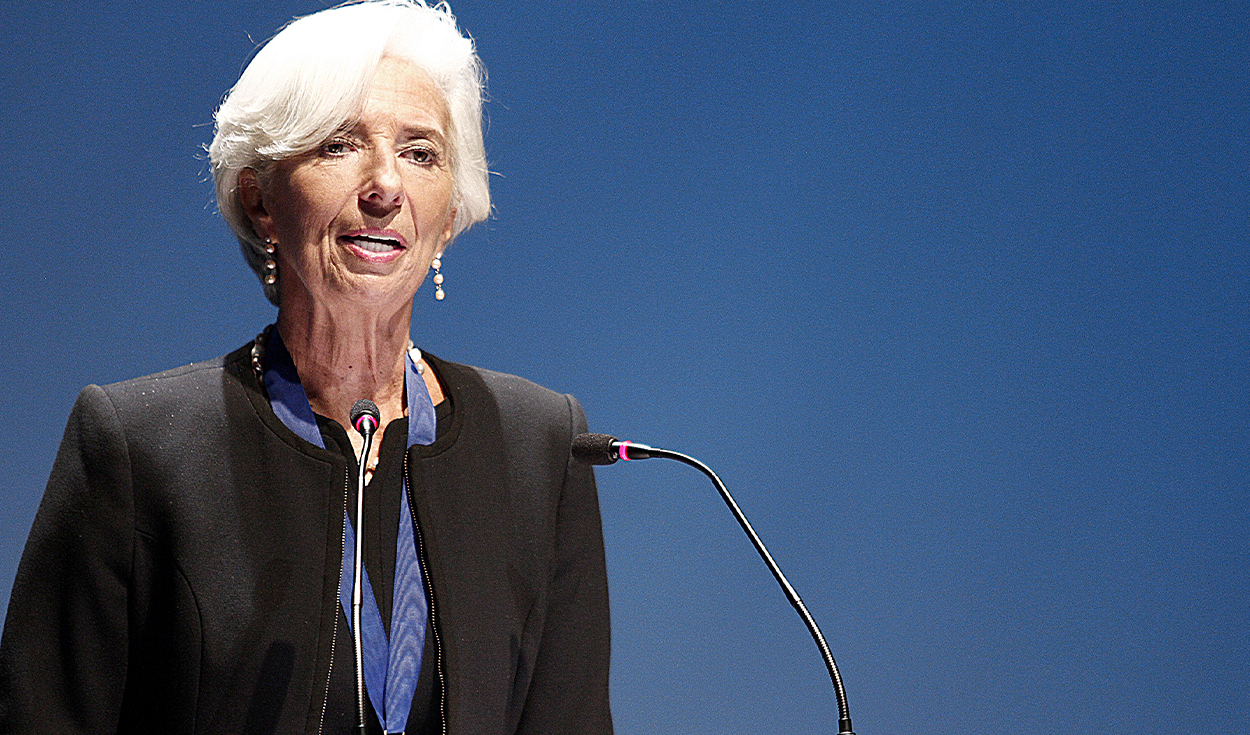
The president of European Central Bank (ECB)Christine Lagarde said this Monday, September 25, that interest rates in the eurozone will remain at “sufficiently restrictive” levels for as long as necessary for inflation to fall towards the 2% target.
“We consider that our rates have reached levels that, maintained for a sufficiently long duration, “will make a substantial contribution to the timely return of inflation towards our objective.”he stated in a debate with the Economic Affairs Committee of the European Parliament.
Lagarde thus reiterated the message that the institution has repeated since, on September 14, it decided to raise interest rates by another 25 basis points and up to 4.5% in the case of the guiding rate, without yet determining how long they should be maintained. at this level.
He insisted that future decisions on interest rates will depend on his inflation outlook based on incoming economic data, the dynamics of underlying inflation and the strength of the transmission of his monetary policy; and refused to give indications about whether there will be new increases.
He reiterated, however, that they are not thinking about a drop and that the Governing Council “has not discussed rate cuts.”
Focus on returning to inflation targeting
Lagarde assured that the ECB “has in mind the suffering inflicted” by the increase in interest rates, but defended that, the faster inflation reaches 2% and the more stable prices are, “the less painful it will be from now on for those who invest and those who have borrowed.
“We know that 30% of households in Member States have variable rate mortgages, and it is tough. And we know that the price of fuel (…) is also weighing on households with lower incomes, but we also know that our duty is to return inflation to its objective,” he assured.
The president of the ECB stressed that inflation is falling, “but is expected to remain too high for too long” and noted, in particular, that “domestic price pressures remain strong”, with services inflation pushed by holiday and travel spending and “high wage growth”.
He also highlighted that the eurozone economy is expected to weaken in the third quarter of this year, after having stagnated in the first half, impacted by lower demand for eurozone exports, tougher financial conditions and the weakening of the service sector.
The ECB’s latest projections lowered the expected growth for this year and next, to 0.7% and 1%, respectively, and suggest that inflation will moderate to 5.6% at the end of 2023. to 3.2% in 2024 and will approach the target in 2025, with 2.1%.
Source: Larepublica
Alia is a professional author and journalist, working at 247 news agency. She writes on various topics from economy news to general interest pieces, providing readers with relevant and informative content. With years of experience, she brings a unique perspective and in-depth analysis to her work.












